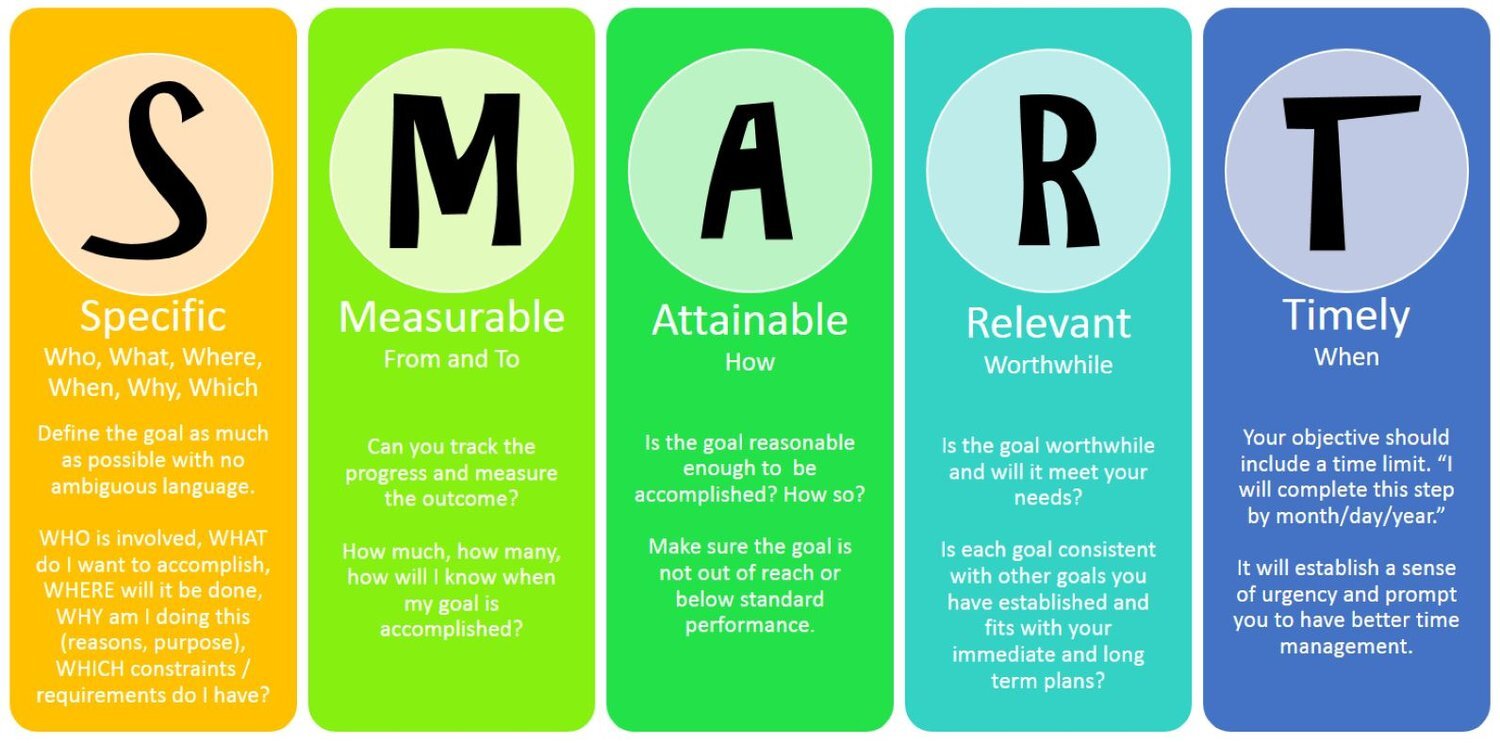If you are like most new DECA members, then you may be extremely nervous for competition. You are likely trying to remember your performance indicators, marketing concepts, and vocabulary. After all, this is your first time competing against the best high school students in the nation. However, don’t get too caught up in the competition. No doubt: your goal should be to place or even win, but there are other things that are intriguing at DECA competitions and events. It’s important to go out of your comfort zone and explore what the event has to offer.
For one, talk to your fellow competitors and peers. I know it can be daunting speaking to new people (even I, myself, struggle with it at times). However, you never know. Some of these new people could end up being the new faces of DECA. A common phrase is “It’s not what you know. It’s who you know.” Branching out and meeting new people is always a good way of establishing long-term connections, connections that could end up helping you in the future. And who knows, you may even make a new friend.
Most of the time, even at smaller, local competitions, there are guest speakers who are highly qualified and have real-world experience. It doesn’t hurt to go up to him or her and ask a couple of questions. Once again, it is about who you know. Establishing connections at an early age, especially to highly qualified individuals, is something that not many teenagers can speak of. You could consider creating a LinkedIn account and “connecting” with the guest speakers. Establishing contacts with successful professionals can lead to better career prospects.
Overall, meeting new people, whether they are competitors or professionals, is incredibly important. No form of social media or technology can replace face-to-face interactions. These can lead to endless opportunities, especially later in life. Just stand up, walk up to the person, and introduce yourself. These skills, though difficult to master, will set you up for success in the future.



